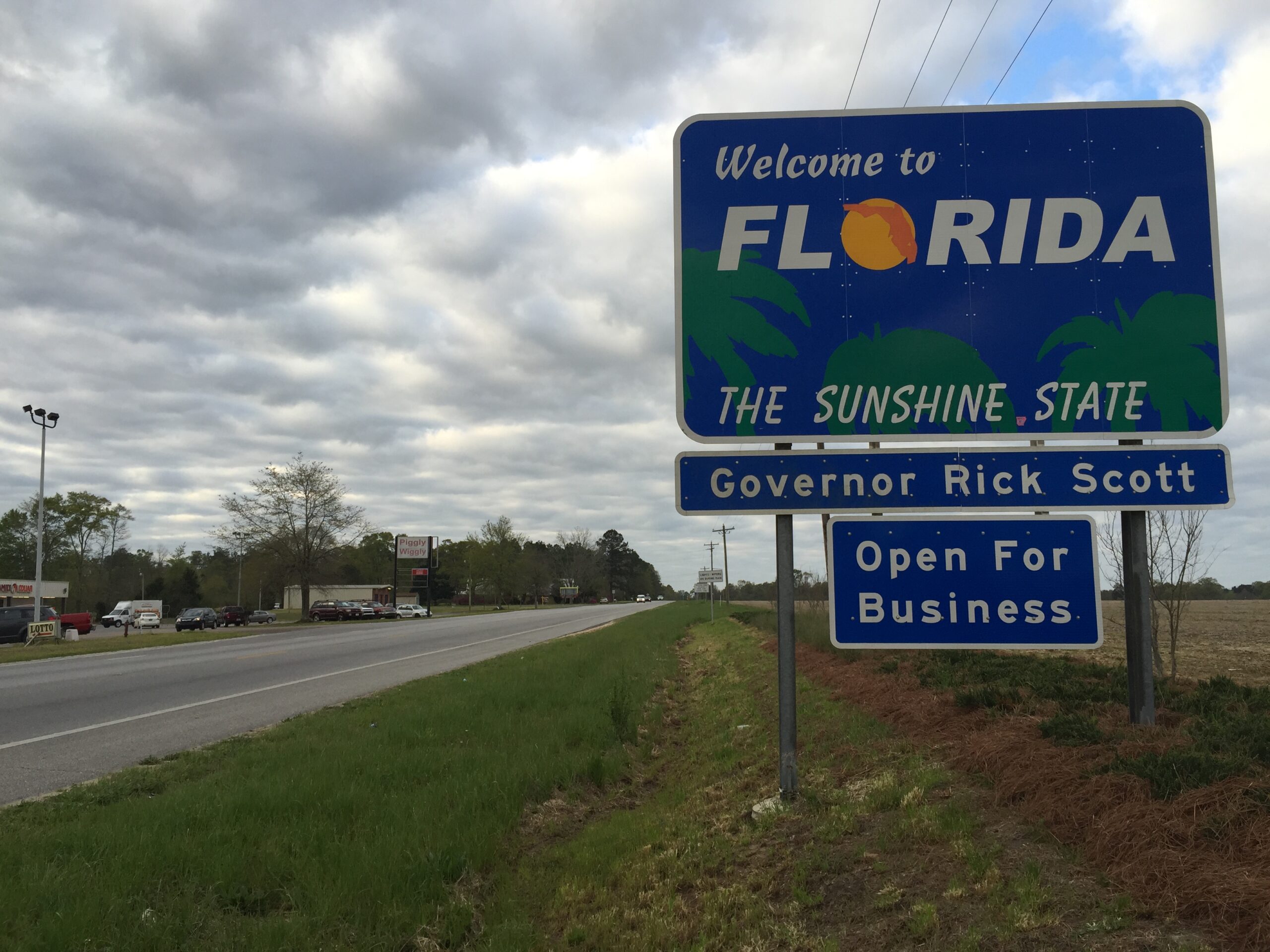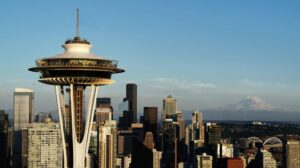Florida ruling clouds rather clarifies when, where citizens can film police encounters, attorney says

With lawmakers nationwide endorsing bills that require police officers to be equipped with body cameras to record encounters with the public, a Florida court has ruled the public cannot record encounters with law enforcement unless officers agree.
In an 18-page ruling handed by a three-judge panel, the state’s 4th District Court of Appeal (DCA) upheld a lower court ruling that, by some interpretations, makes it a wiretapping offense to record the actions of police in a public place without an officer’s permission.
By other interpretations, however, the 2-1 ruling is tailored to the specific circumstances in a case that has been working through the courts for more than a decade.
Sharron Tasha Ford was called by police to a Muvico Theater in Boynton Beach in 2009 because security caught her son trying to sneak in without paying.
When she arrived with a digital camera, Ford recorded her conversation with officers for 11 minutes despite being informed she needed permission to do so and officers asking repeatedly for her to stop, which she ignored.
Ford was arrested for “intercepting oral communications” and obstruction without violence, but ultimately no charges were filed.
Nevertheless, Ford filed a 2010 lawsuit against the city of Boynton Beach and the officers, claiming false arrest, declaratory relief for physical and emotional distress, trauma, humiliation and a damaged reputation, and for violating her 1st and 4th Amendment rights.
The civil rights claims were dismissed by U.S. District Court, but her remaining claims were heard in Palm Beach County Circuit Court, which ruled police “had a subjective and reasonable expectation of privacy in their communications.”
Ford appealed the ruling to the 4th DCA, which upheld the lower court’s ruling that officers had probable cause to arrest her for obstruction.
“Officers made numerous requests to the (mother) to stop recording them, which she ignored. The plaintiff was confrontational in her approach and refused to comply with the officers’ instructions,” the ruling says. “A review of the recorded incident reveals the plaintiff’s approach to the officers was designed to impede what should have been a short, uneventful exchange of her son’s custody.”
Her actions provide probable cause for arrest, according to the majority opinion by Judges Melanie May and Edward L. Artau.
All three judges agreed Ford’s attitude and her lying about continuing to record officers didn’t help her case, but Judge Martha Warner in her dissenting opinion argued police have no “reasonable expectation of privacy in a public place” and that Ford did not commit a crime by filming.
“Given how important cellphone videos have been for police accountability across the nation, I do not believe society is ready to recognize that recording those interactions, which include audio recordings, are somehow subject to the officer’s right of privacy,” Warner wrote.
Warner said, by her interpretation, the ruling could mean “everyone who pulls out a cellphone to record an interaction with police, whether as a bystander, a witness or a suspect, is committing a crime.”
Ford’s attorney, Samuel Alexander, said the case may not be over.
“We agree with Judge Warner’s strong dissent that under the well-established law in Florida there was no probable cause for arrest. We are considering our next steps,” Alexander said in a statement, noting the ruling clouds rather than clarifies where and when citizens can film police.
“At what point does (filming police) cross the line?” he asked.
The Boynton Beach Police Department (BBPD) praised the ruling in a statement.
“The decision confirms that Boynton Beach police officers acted in accordance with Florida law. We note that the court found probable cause for the plaintiff’s arrest for obstruction without violence,” BBPD said.
This article was originally posted on Florida ruling clouds rather clarifies when, where citizens can film police encounters, attorney says






